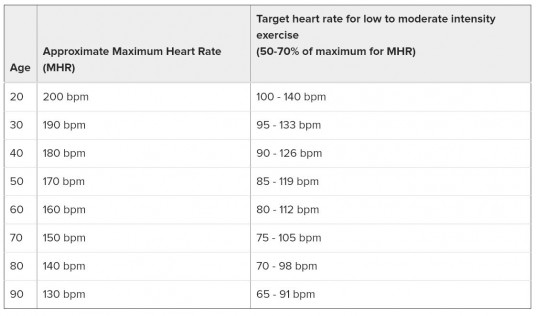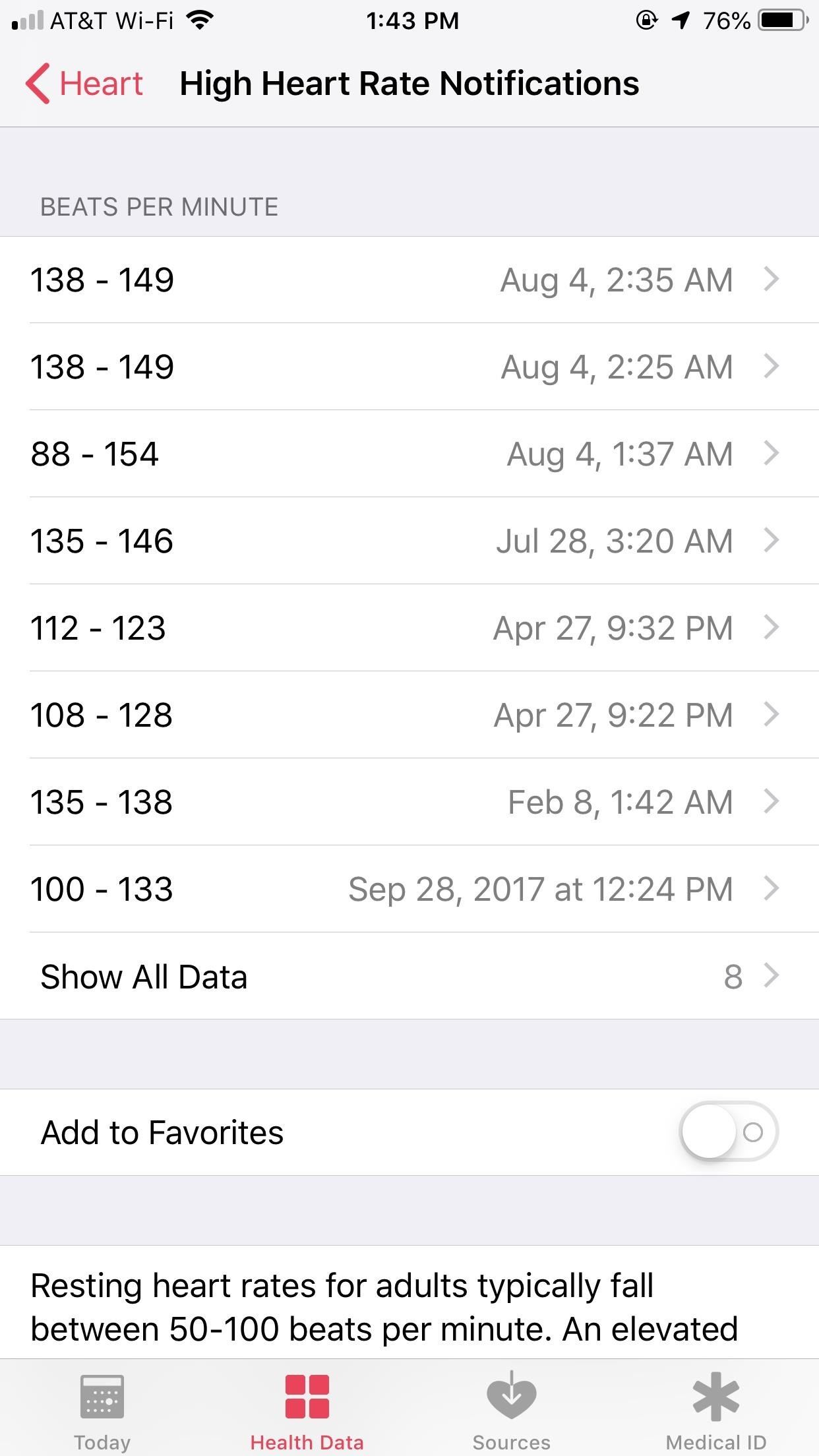Your resting heart rate is the heart pumping the lowest amount of blood you need because youre not exercising. The condition causes a wide range of symptoms such as numbness or tingling weak muscles loss.
 What Causes A Slow Heart Rate And High Blood Pressure What Causes Low Blood Pressure And High Heart Rate
What Causes A Slow Heart Rate And High Blood Pressure What Causes Low Blood Pressure And High Heart Rate
Its a sign of good health.

What causes low pulse rate. Common causes and risk factors of bradycardia are old age heart block and damage from heart disease or heart attack. Bradycardia often starts in the sinus node. Generally you want a slower heart rate when youre resting.
Heart tissue can be a cause of a slow heart rate. When the heart rate stays consistently high while blood pressure is low there may be something problematic going on. Another common cause is thyroid disease.
The following are some origins of low blood pressure and high heart rate. The primary symptom of bradycardia is a slow heart rate. Sometimes a form of heart disease is the reason for slower blood flow throughout the body.
Discharges an electrical impulse thats blocked before causing the atria to contract. Bradycardia may be caused by changes in the heart structure due to aging or heath conditions or due to damage to the hearts electrical system. Bradycardia can cause a heart rate of less than 60 bpm.
This can cause a low pulse rate. Some medications used for high blood pressure particularly beta-blockers and calcium channel blockers can also cause a low pulse. Pauses or fails to discharge at a regular rate.
A low pulse rate may be caused by a number of health conditions. A build-up of iron in the organs and complications from heart surgery can also result in slow heart rates. Due to faulty brain signals that fail to accurately recognize a state of low blood in.
Neurally mediated hypotension NMH. Other causes of damage include smoking a. Low thyroid function hypothyroidism can cause a number of health problems including low heart rate.
Hypothyroidism can be caused by an autoimmune disease surgery or radiation treatment to the thyroid gland certain medications pregnancy or consuming too much or too little iodine. Discharges electrical impulses slower than is normal. A slow heart rate might occur because the sinus node.
The nervous system automatically increases the heart rate to get the blood pumping. Medications such as beta-blockers or other digoxin a heart medication also act to slow pulse rate. The normal heart rate for children aged 1 to 12 years is 80 to 120 beats per minute.
Some people have no other symptoms. It controls how quickly the top and bottom heart chambers pump blood through the body. So when you see the heart rate of the child going less than 70 to 110 which is normal value for the heart beating if it is less than that you must think of.
If youre sitting or lying and youre calm relaxed and arent ill your heart rate is normally between 60 beats per minute and 100 beats per minute. Meanwhile the blood pressure drops a bit because the force of blood moving through the veins is lower. You may also have blood tests to find out if another problem is causing your slow heart rate such as problems with the thyroid gland or electrolyte imbalances.
Causes of a Slow Heart Beat Slow heart beat can occur with age or as a result of damage from a heart attack or heart disease. Athletes or people on certain medications may have a lower resting normal rate. But if its too slow it could be a symptom of a condition called bradycardia.
The normal heart rate for. Peripheral neuropathy occurs when the nerves in the arms and legs are damaged due to injury or disease. Some medications including those for heart conditions can cause you to develop a low pulse rate.
Underlying disorders such as obstructive sleep apnea or hypothyroidism may cause low pulse rate and will need to be treated for these symptoms to disappear. The most common cause for bradycardia is a malfunction in the hearts natural pacemaker the sinus node. An infection of heart tissue damage to heart tissue and deterioration of heart tissue due to aging can all result in a slow heart rate.
When your thyroid is underactive your metabolism slows which causes a slower heart rate. Cardiac abnormalities are common but other conditions that do not involve the heart such as a metabolic imbalance or certain lung diseases can create the symptom. Chronic high blood pressure can contribute to damage to the electrical system that in turn leads to a low pulse rate.
Another cause is atrioventricular block AV Block in which the top and bottom chambers dont communicate well and the heart rate drops as a result. Autoimmune Diseases That Cause Peripheral Neuropathy. Inflammatory diseases can cause slow heat rates as well as sleep apnea.
However that phenomenon is short-lived. Other people do experience symptoms.





